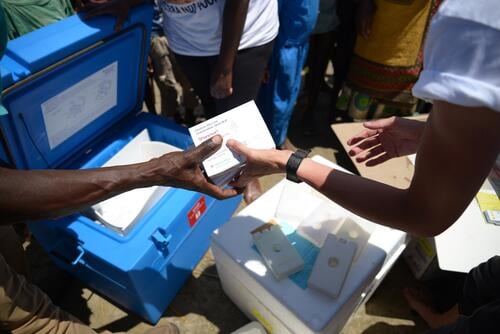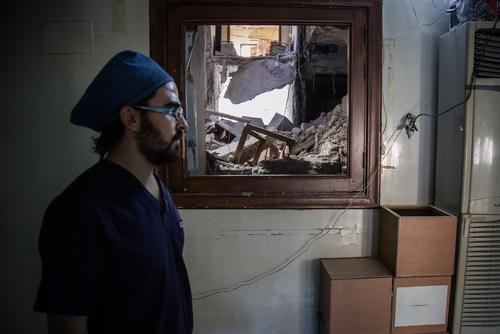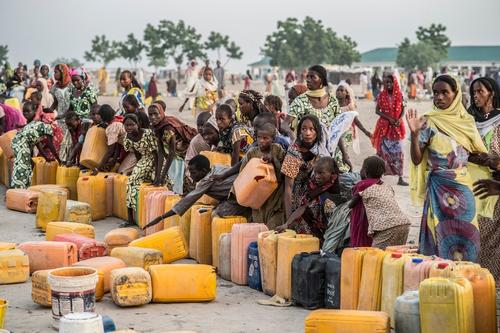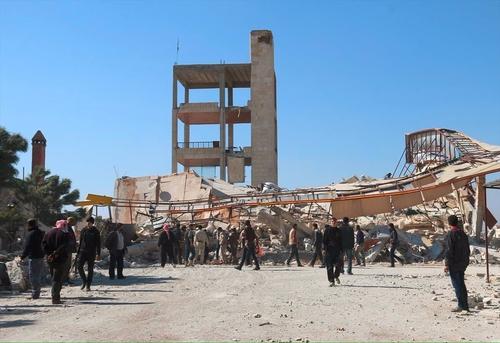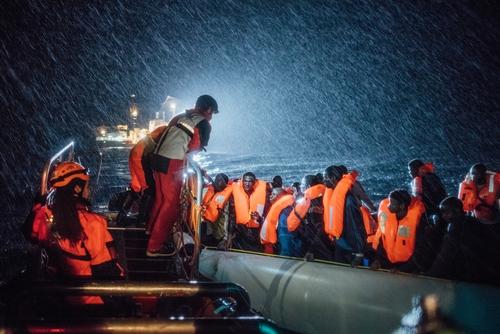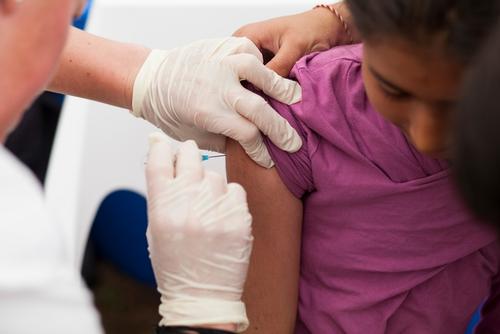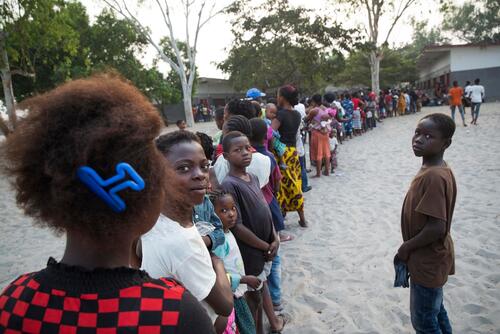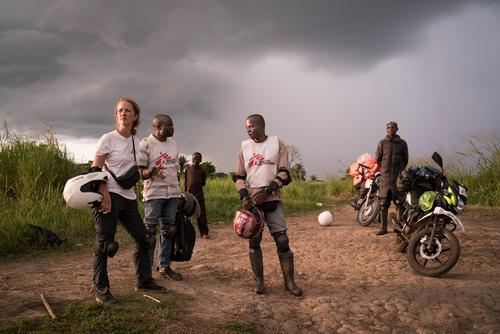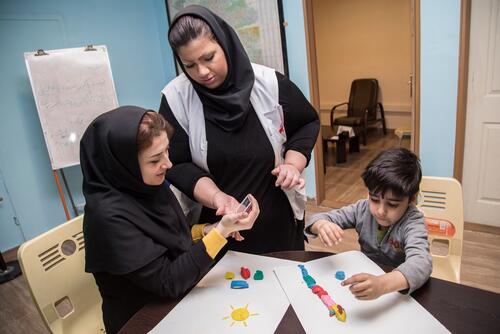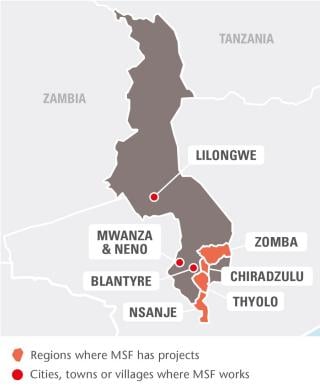
51,000
51,
45,800
45,8
Malawi’s massive budget deficit has hit the health system hard. In addition, international donors have withheld budget support since 2014 due to corruption scandals. Despite this bleak situation, a national population-based survey conducted in 2016 confirmed that the country’s ambitious HIV programme has already achieved significant success. As Malawi moves towards implementing the World Health Organization-endorsed ‘test and start’ guidelines for HIV, the need for sustained funding and adequate human resources is more critical than ever.
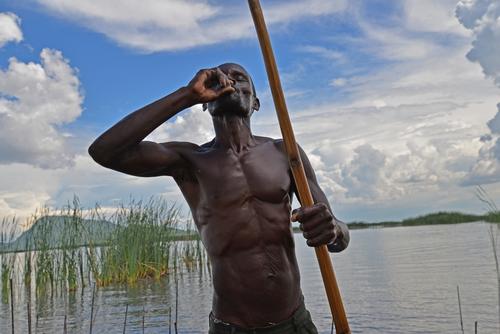
HIV care in Nsanje and Chiradzulu
In Nsanje district, MSF supports the severely underfunded district management team in running a fully decentralised HIV and tuberculosis (TB) programme that includes infants newly diagnosed with HIV. MSF also supports in providing care for patients with advanced HIV in the district hospital, and healthcare for truck drivers and sex workers.
For 18 years, MSF has been working in partnership with the health ministry to support HIV patients in Chiradzulu. A four-year handover process is underway to ensure high-quality management of stable HIV patients once MSF withdraws from the project. MSF now focuses on hard-to-reach groups, including adolescents with HIV and patients whose treatment has failed and are in need of second- or third-line antiretrovirals. The team is also improving access to viral load testing in five district health centres and providing screening and preventive treatment for cervical cancer.
Working in prisons
In Maula and Chichiri central prisons, where MSF provides HIV, TB and primary healthcare services, 97 per cent of inmates were tested for HIV during the year. Of those who tested positive, 94 per cent were started on treatment and 93 per cent achieved an undetectable viral load. MSF extended similar services to two district prisons where inmates have lower access to healthcare.
MSF continued the development of its transnational ‘corridor project’, which provides healthcare for key populations, including sex workers, truck drivers and men who have sex with men, along commercial routes between Beira in Mozambique and Malawi. A total of 1,930 sex workers have been enrolled in Zalewa, Mwanza and a new site in Dedza, which opened in 2016.
Emergency interventions
After a major cholera outbreak on Lake Chilwa in early 2016, MSF launched a mass vaccination campaign, which reached 108,400 people. An innovative two-dose strategy was used for 5,863 hard-to-reach fishermen, with the second dose being self-administered two weeks after the first.
MSF also concluded a nine-month emergency intervention in Kapise, on the border with Mozambique, where around 10,000 Mozambicans sought refuge from low-level civil conflict in their country in December 2015.



